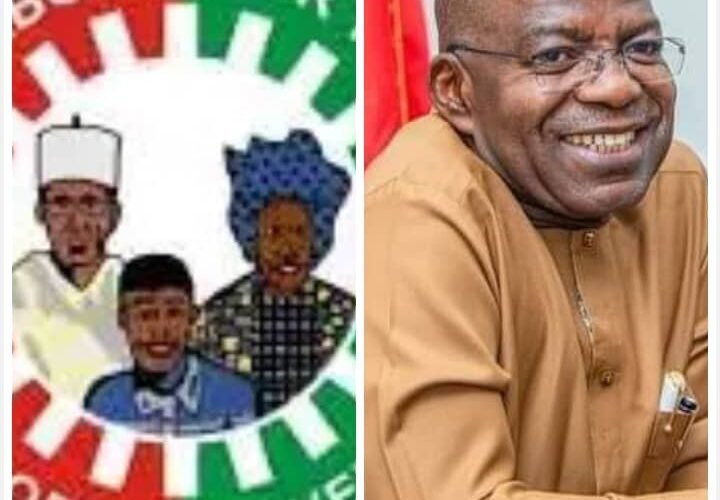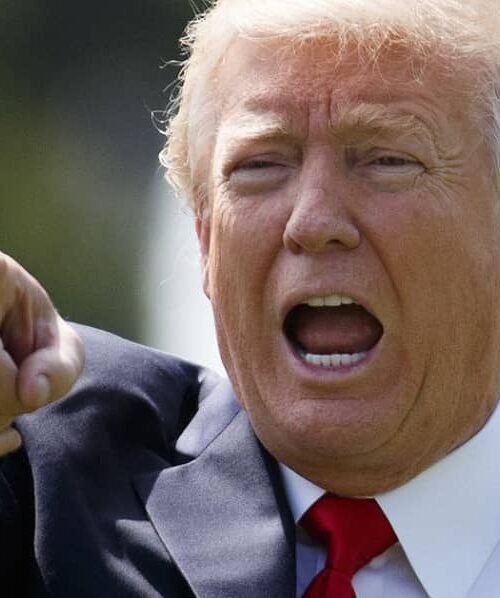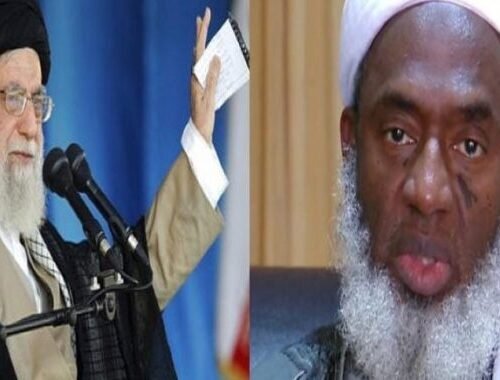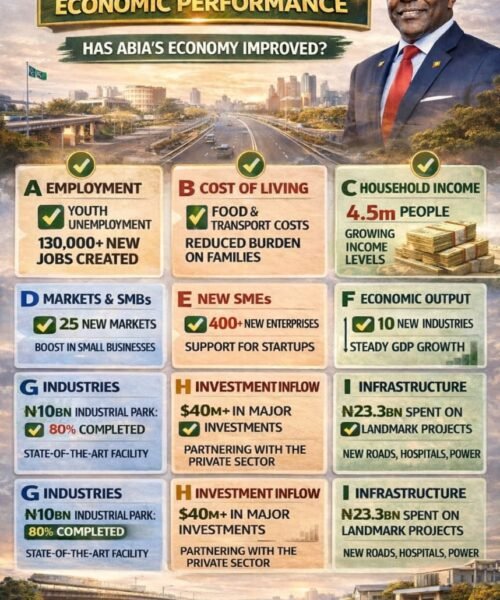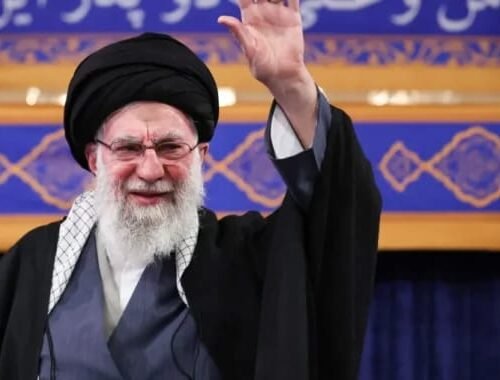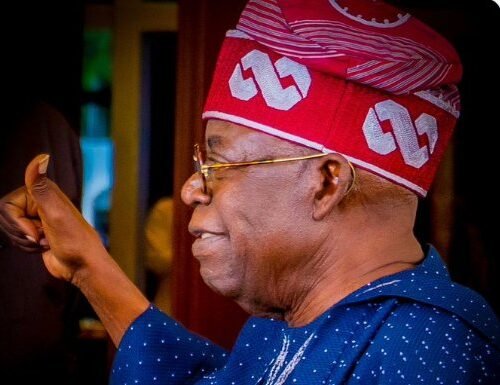The Labour Party Crisis in Nigeria: Governance Implications and Governor Alex Otti’s Neutrality
We now have it on good record that the crisis festering in Abia State Labour Party is the handiwork of 5th columnist to simply discredit our dear governor. Can we remember that
Nigeria’s Labour Party has been embroiled in a protracted leadership crisis since 2020, following the demise of former National Chairman Alhaji Abdulkadir Abdulsalam. This conflict revolves around power struggles, ideological divisions and electoral disputes.
Key Factors Contributing to the Crisis
The crisis is fueled by three primary factors. Leadership Disputes have emerged between Lamidi Apapa and Julius Abure, fragmenting party support. Ideological Divisions stem from differing visions and ideologies among party members, exacerbating internal conflicts. Lastly, Electoral Disputes arise from contentious primary elections and disputed candidate selections.

Historical Context
The Labour Party’s struggles date back to its inception, plagued by power struggles and ideological differences. Nigeria’s party politics have long been marred by crises, particularly within parties vying for leadership positions. Infighting among party members has consistently undermined party cohesion, reflecting the broader Nigerian political landscape. Disagreements over party direction and values have fueled internal strife, while contentious primary elections and disputed outcomes contribute to ongoing turmoil.
Impact on Governance
These crises hinder effective governance, affecting state-level administrations like Abia State, being the only Labour Party controlled state by 2023 INEC database. Governor Alex Otti’s efforts to deliver exemplary service have been overshadowed by Labour Party infighting, complicating his ability to effectively govern.
Governor Otti’s Neutrality
Governor Otti convened a meeting to address the crisis, attended by notable figures like Peter Obi and Senator Victor Umeh. However, key officials, including Julius Abure, were absent, highlighting the complexity of resolving the party’s internal strife. This underscores Governor Otti’s commitment to resolving the crisis without taking sides, emphasizing his neutrality.
Conclusion
The Abia State governor and government are innocent bystanders and categorically are not entangled in Labour Party’s internal conflicts. Resolving these issues internally, without implicating state leadership, is crucial. Governor Otti’s commitment to Abia’s progress should not be obscured by national party disputes.
Dr Chukwuemeka Ifegwu Eke writes from the University of Abuja Nigeria

